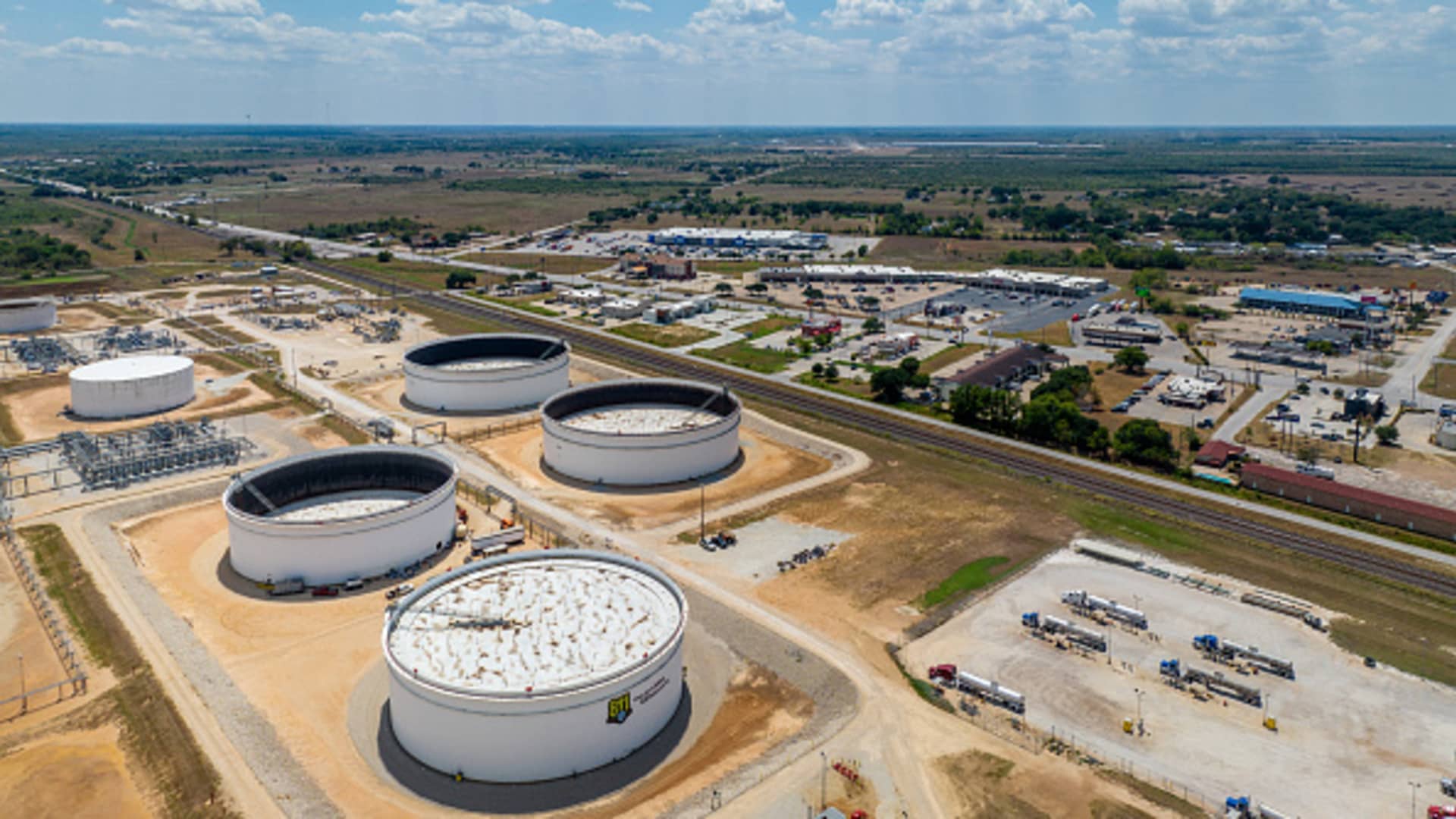Michigan Sheriff Stops Responding Because Gas Prices Are Too High

Here at CleanTechnica, we’ve been saying for YEARS that anyone running a fleet should seriously consider electric vehicles as a way to mitigate the impact of fluctuating gas prices. The lower maintenance costs, cheaper fuel, and just having generally steady prices for electricity all add up to a much better experience for drivers and lower costs for the business or taxpayers who are funding the fleet.
To be completely fair, moving police vehicles over to EV isn’t as simple as putting lights on top of a Tesla. EVs that are made to better fit the needs of police officers are needed, but despite the shortcomings, many police departments, sheriff’s offices, and other government fleets have had success with EVs.
But, one thing we’ve never argued here is that relying on fossil fueled vehicles could become a direct threat to public safety. Sadly, that’s now a good argument in favor of adopting police EVs, as a Michigan county sheriff recently announced that his office is fresh out of gas money.
What Can be Done About High Gas Prices?
As everyone knows, gas prices are insane right now. If you’re an EV-only household, you probably know about this because it’s a good argument for buying an EV. If you’ve got both gas and electric vehicles (like I do), some of your cars are doing a lot more sitting right now than usual. If you don’t have an EV, you’re definitely feeling the pain of gas prices that are topping $5 per gallon even in “flyover country” while gas prices on the coasts are setting new national records.
In my own household budget, I usually set aside $80-100 for gas. For local errands, I mostly use my Nissan LEAF, but rely on a small turbo-four Volkswagen sedan for long trips and a V6 crossover for the times I need more capacity or clearance. Now, we’ve had to double that to $150-200 monthly just to be sure we can get out to everything we need to get out to (and this was before a dog chewed up the cord to my EVSE).
This Can Happen To Governments, Too
Just like households, government budgets are feeling the pain in big ways. The Isabella County Sheriff’s budget didn’t plan for $5 gas, and they ran out of fuel money several months before the next fiscal year begins.
“We have exhausted what funds were budgeted for fuel with several months to go before the budget reset,” Sheriff Michael Main said in a Facebook post, which has since been deleted.
To manage between now and when the next year’s budget starts, the sheriff told deputies to avoid driving as much as possible. If there’s a call that they determine is not life threatening, they’re supposed to try to call and see if it’s something they can work out over the phone. Only when there’s a dire need for deputies to go save someone, fight a violent criminal, or collect evidence in person are they now allowed to drive.
“Deputies will continue to provide patrols to all areas of the county, they will respond to those calls that need to be managed in person,” Main’s social media post said. “Any call that is in progress with active suspects will involve a response by the deputies. I want to assure the community that safety is our primary goal, and we will continue to respond to those types of calls.”
This approach might sound good, but the problem with it is that a law enforcement officer often doesn’t know whether a call is life threatening from the beginning. There will be situations where something seems like it’s OK to handle over the phone and people won’t get the police protection they thought they were going to get when the situation deteriorates further.
But, truth be told, the Supreme Court has already repeatedly ruled that the police have no duty to protect you. Wise people keep this in mind when planning for possible crimes against them in the future. Nobody can be as proactive about your safety than you can, and there are myriad ways to improve your safety from criminals, but that’s beyond the scope of this post.
The County’s Trying To Come Up With More Money
This situation can be resolved, but it’s going to take a few more days at minimum. One local news outlet reports that the County Commission is set to vote on a measure to give the sheriff an extra $20,000 for fuel to get them through the rest of the fiscal year. I don’t know what kind of a budgetary shortfall they’re having, but even if the $20,000 isn’t enough, it would be enough to get out to more calls.
The other problem is that next year’s budget is also going to have to be increased, and by enough to handle even more expensive gas for 12 months. We don’t know whether gas prices will go even higher, so they’re going to have to plan ahead for that now, too.
In other words, this isn’t necessarily an easy problem to budget for. The price of gas is simply too volatile to plan with any real certainty.
EVs Largely Get Rid Of The Problem of Gas Prices

A Graph from the Alternative Fuels Data Center, US Department of Energy.
If you look at the prices of fuel over time, one thing becomes pretty clear: the price of gas and diesel fuel fluctuates wildly. This chart doesn’t show the current situation, with prolonged expensive fuel, and only shows the worst peak in 2008 where fuel prices spiked and then came back down quickly. But, if you’re having to budget for powering a large fleet of gas-hungry vehicles (like, say, a Ford Interceptor), this reality makes life challenging. One good spike in gas prices that lasts too long can easily leave the whole department or office without fuel.
But, the price of electricity on the open grid market only goes up and down a little. It never spikes, and it never goes through crazy dips. If you’re planning for a yearly budget with a known number of vehicles, you aren’t going to suddenly spend up all of the remaining money prematurely.
Even if in the future we start seeing fluctuations in the electricity market, that’s something a smart fleet manager can cope with by using more renewables. A power purchase agreement or agency-owned solar arrays can give you a consistent price for most uses regardless of what fluctuations happen in the market. Vehicle charging will probably have to be done creatively to get the most out of the panels, but it would be worth any hassle to not have a completely unpredictable fuel budget.
And, all of this is true BEFORE you consider the lower maintenance costs and other benefits to EVs. Smart municipal and county fleet managers are looking at this right now. If you’re in charge of a fleet, you should be responding to high gas prices like this, too.
Featured image by Ford.
Appreciate CleanTechnica’s originality and cleantech news coverage? Consider becoming a CleanTechnica Member, Supporter, Technician, or Ambassador — or a patron on Patreon.
Advertisement
 This post has been syndicated from a third-party source. View the original article here.
This post has been syndicated from a third-party source. View the original article here.




